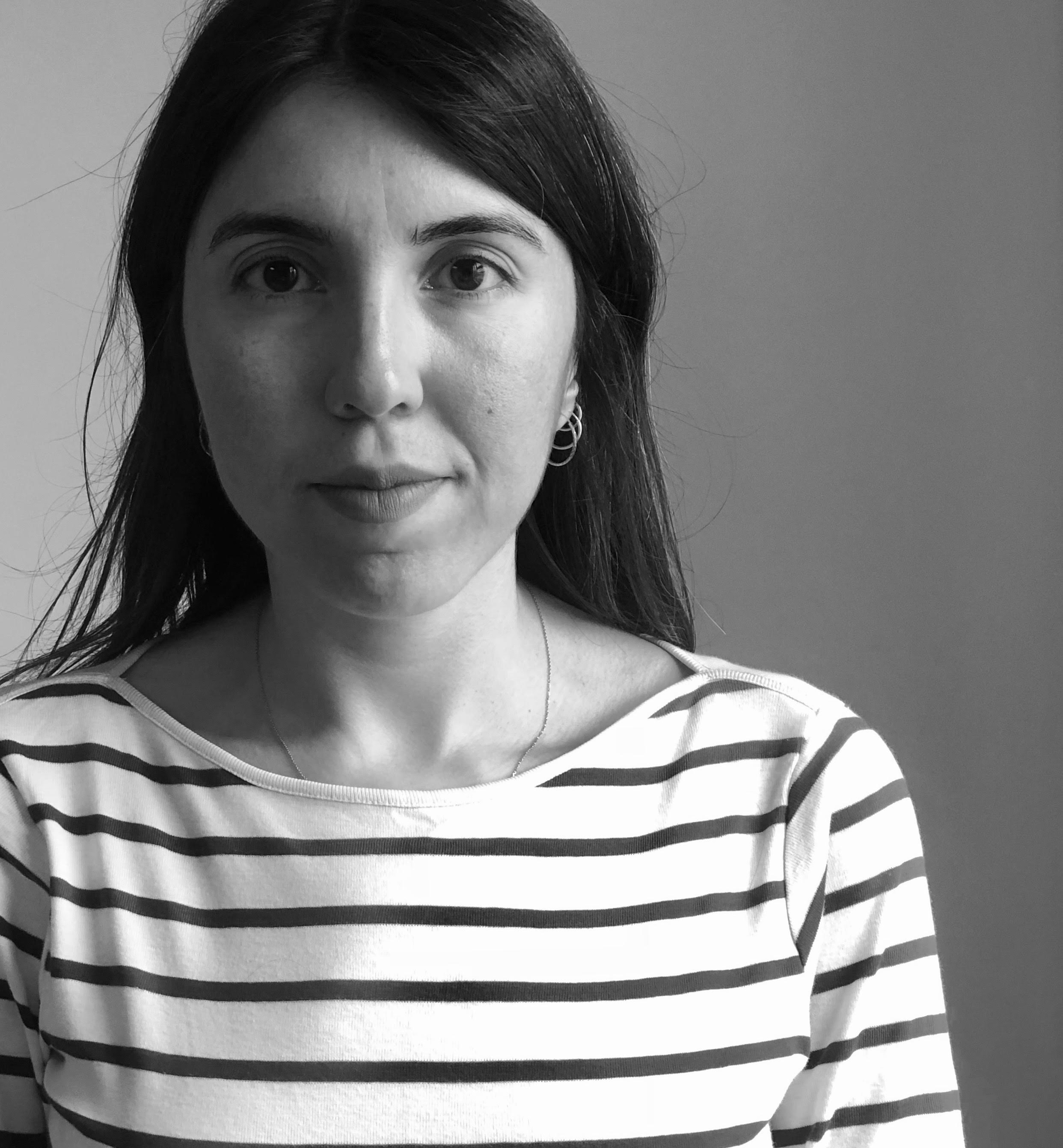
Project: The response of keratinocytes membrane and intercellular signalling to cannabidiol, used as a protection against the influence of physical and chemical environmental factors
Department: Department of Inorganic and Analytical Chemistry
My supervisor: Prof. Elżbieta Skrzydlewska, PhD
Co-investigator: Agnieszka Gęgotek, PhD
Contact: sinemyiz.atalay@umb.edu.pl
General description of my project
Skin keratinocytes are the essential building blocks of the epidermis. These cells are constantly exposed to external physical and chemical factors that may cause oxidative stress and inflammation. We are looking for new cytoprotective compounds, especially from the group of compounds of plant origin. An example of such compound is cannabidiol (CBD) that is an antioxidant, anti-inflammatory compound derived from Cannabis sativa. It is important to determine whether cannabidiol can prevent the metabolic effects of keratinocytes exposed to physical and chemical factors. Therefore, the aim of this research project is to analyse the CBD effect, especially in terms of changes in cell membrane conditions, in keratinocyte cell culture which is exposed to physical and chemical environmental factors .
In my MSc project, I conducted experimental studies of the potential glycosylation profile for human telomerase catalitic subunit (hTERT) in hepatocellular carcinoma and neuroblastoma cell lines. Additionally, potentional glycosylation and phosphorylation sites were demostrated using bioinformatic methods in telomerase catalitic subunit amino acid sequences from other species, and the entire output was subject to comparative analysis.
Proteomics, metabolomics and lipidomics-specific approaches are interesting alternatives for handling oxidative stress.


